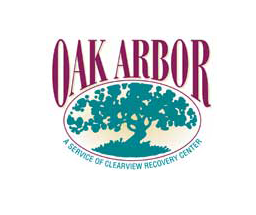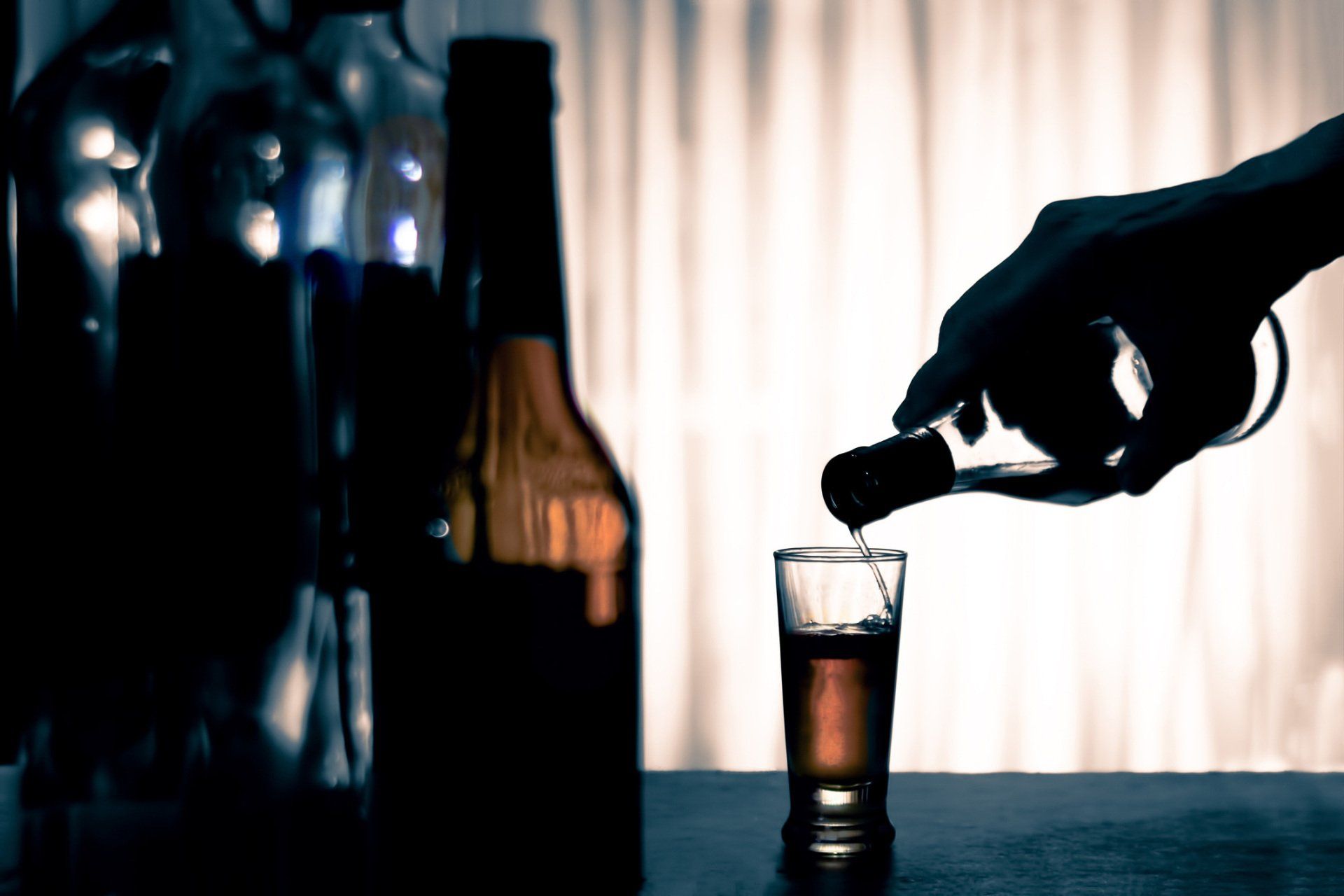4 Key Points About Substance Abuse and Sleep
- By Admin
- •
- 05 Aug, 2021
- •
Sleep plays a critical role in restoring the body and brain, enabling you to face life's daily challenges in a state of readiness and wellness. Unfortunately, sleep disorders such as insomnia may cause many sufferers to turn to addictive drugs for relief. At the same time, these drugs can actually reduce sleep quality.
If you or someone you love can't seem to get a decent night's sleep, you can benefit from understanding the two-way links between insomnia and substance abuse or addiction. Take a look at four eye-opening points regarding substance abuse and sleep.
1. People With Sleep Disorders May Self-Medicate
If you suffer from a sleep disorder, you may try just about anything to sleep through the night, including sleeping pills, alcohol, marijuana, and opioid drugs originally prescribed for another condition. If you constantly feel tired from lack of sleep, you may get into a habit of abusing caffeine, amphetamines, or other stimulants.
Self-medication with these kinds of substances can easily lead to addiction. As the body builds up a tolerance to the original dosage that seemed to provide relief, you may find yourself taking more and more of the substance in question just to function. At this point, you may need professional treatment to get over your dependency.
2. Many Addictive Drugs Degrade Sleep Quality
By altering your metabolism or brain chemistry, many addictive drugs have the power to keep you awake all night or make what little sleep you do get less than satisfactory. Most obviously, stimulants such as amphetamines can keep you in a hyper-vigilant state, potentially compelling you to compensate with depressants.
Many people treat alcohol as a sleep aid. However, while this substance can often help nudge you into drowsiness, it doesn't actually promote deep or restful sleep. Most notably, alcohol interferes with rapid eye movement (REM) and slow-wave sleep (SWS), both critical factors in sleep quality.
Even opioids, known for their ability to induce profoundly deep sleep, ultimately have a negative impact on your sleep quality. These drugs can trigger abrupt shifts between one sleep phase and the next. Withdrawal from these drugs can also cause even worse insomnia than you experienced before you used them.
3. You Can Grow Dependent on Sleeping Medications
You might assume that the many sleep medications available either over the counter or by prescription can give you the sleep you need without the risks of opioids or alcohol. However, sleep aids such as benzodiazepines can have addictive properties of their own, causing you to trade one dependence for another.
Zolpidem, better known by the brand name Ambien, has exploded in popularity as a less addictive option among the prescription sleep aids. Even this drug, however, can produce a rebound effect that leads some users to abuse it. The combination of Ambien with more commonly abused drugs such as alcohol can prove hazardous.
4. Insomnia Plus Chemical Dependency Merits Specialized Treatment
Addiction recovery practitioners recognize the need for extra care in the treatment of some co-occurring disorders. Chronic insomnia and chemical dependency count as a co-occurring disorder due to the way one issue often feeds the other. If you have chronic insomnia, you need treatment for it as well as your addiction.
Due to the potential for addiction to both prescription and non-prescription sedatives, your therapist will most likely recommend that you use non-chemical means to correct your sleep disorder. Options may include stress reduction techniques such as massage or meditation as well as changes to your bedtime routine.
If you take blood pressure drugs or medications that contain caffeine (both of which can interfere with sleep), ask your primary care physician whether you can take less disruptive alternatives to those drugs. If your addiction actually fuels your insomnia, treatment that breaks the addiction may resolve your sleep issues.
If you can't sleep either without chemicals or because of them, Oak Arbor can evaluate your situation and recommend the right treatment program to help you get your life back to normal. Contact our treatment center today to learn more and schedule a consultation with our addiction recovery experts.





